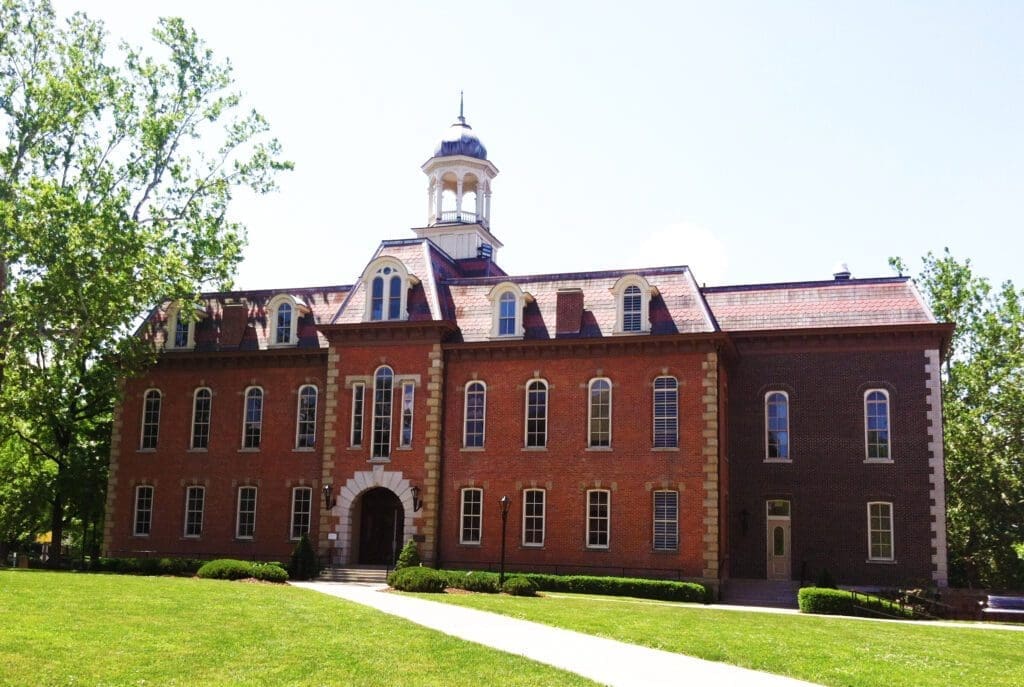$1.8 trillion.
That is the estimated total of student loan debt owed today in the United States, and it does not matter whether or not a degree was earned.
In 2019, the consumer credit card debt owed by Americans was $930 billion, an all-time high but yet nearly half of what is due to lenders funding college loans. That is why the president of the IBEW Local 141 believes more high school graduates now are looking for an alternative to higher education.
“A lot of young people who graduate college come away from it with student loan debt, and it takes a while for them to pay that back because of how expensive college can be these days,” explained the IBEW’s Doug Giffin. “When you join one of the trades, there isn’t the debt problem. When they earn their journeyman’s card, the compensation is full, and it’s a very good living.
“Now, we all have bad days, and yes, it involves working with your hands in all kinds of weather,” he said. “But if you can be part of a team like a student-athlete in high school is, then the trades should be a consideration for the young people who really don’t want to give college a try.”

Earn While You Learn
The Upper Ohio Valley Building and Construction Trades will hold an event on Sept. 22 at Wheeling Park that will highlight the local unions within the region. Representatives will include individuals from the boilermakers, bricklayers, electrical workers, laborers, operators, and teamsters who will be on hand to speak with members of the public concerning their particular trades.
Giffin believes this year’s event will attract more high school students and young adults than in the past because of the realizations that have been exposed about the consequences involved with student loan debt.
“I believe a lot of high schools are very interested in the job and career fair that the Building Trades does each year because not every student wishes to go to college,” Giffin said. “That’s because there is more attention being paid to the trades because of the education, the living-wage pay, the pension, and the health care that comes with those positions. You have to work hard, but you can make a nice living.
“Most projects involve a 40-hour-week when you are working with one of the trades, but there are certain projects that call for more hours per week because of a project’s schedule,” he said. “But we have learned over the years that not every high school student fits that college mold so that student has to find his or her path in life, and for many of them, the trades have helped them do just that.”

No Guarantees
The population in the city of Wheeling topped out near 61,000 in the 1930s, but a decline in residents has been realized ever since. Just this month, the U.S Census Bureau determined the municipality is now home to just over 25,000 citizens, and the primary reason for the continued decrease is a lack of professional opportunity.
Retention of residents, however, has improved during the last decade thanks to companies and corporations such as Orrick, Williams Lea Tag, Roxby Development,and WVU Medicine Wheeling Hospital.
But additional growth is needed if a true reversal in population is going to take place in the near future, and that is why Giffin works to recruit new members for the IBEW Local 141.
“We have several members in the Building Trades who have come to us because they earned a degree but couldn’t find a job in this area,” he said. “And if they found a job, it doesn’t pay all that well or it’s not what they want to do. But they do want to make a good living so they can remain here, have a family, and not struggle financially.
“A slogan that has been around for a long time is, ‘earn while you learn,’ and it’s accurate when it comes to the trades because our members go through an apprentice program to learn how to do the job,” Giffin explained. “If a student needs to go to college to get where they want to be, by all means, go. I’m not downgrading a college education, but we now realize higher education isn’t for everyone.”
Giffin also has witnessed more local school systems improving their Career Technical Educational programs.
“We have seen some of our high schools in this area expand their CTE programs and actually push some students toward a career in one of the trades,” he reported. “Wheeling Park is very good with that, and so is John Marshall. Those two schools have terrific programs for those students who are not interested in going to college, and other school systems are working on the same thing for the same reasons.
“I had one apprentice who was having some problems with the math involved with being an electrician, and he went back to his teacher from high school, and the teacher helped him after-hours,” he explained. “That’s the kind of support some students need, and it’s very cool that the teacher was willing to offer that member the help he needed.”

